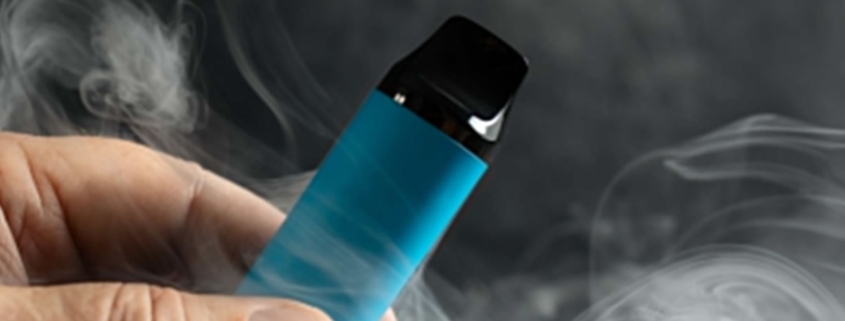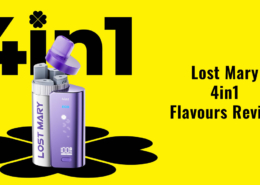Paraguay Approves Bill to Regulate Vapes with Low Tax Rate
The Paraguayan Senate has approved a bill to regulate the importation, production, distribution, and use of electronic cigarettes (vapes), including both nicotine-containing (ENDS) and nicotine-free (ENNDS) systems. The legislation, which now heads to the Executive Branch for promulgation or rejection, establishes a comprehensive regulatory framework but has drawn some criticism for its low tax rate.
Senator Derlis Maidana, President of the Legislation Committee, argued in favor of ratifying the Senate’s version of the bill, stating it aligns with the proposal’s original spirit. He noted key differences with the version from the Chamber of Deputies, particularly concerning taxation and the final disposal of the devices, which have significant fiscal and environmental impacts. The bill aims to create sanitary measures to safeguard public health by controlling the import, production, sale, consumption, and advertising of all vaping products.
The Senate’s version was reportedly analyzed and endorsed by the Minister of Public Health, María Teresa Barán, and the Minister of Economy and Finance, Carlos Fernández Valdovinos. It proposes a tax rate between 22% and 24%, which is similar to the rate applied to traditional tobacco. Additionally, 40% of the revenue collected from fines will be allocated to prevention campaigns.
During the debate, Senator Esperanza Martínez expressed concern about the growing use of these products among children and adolescents, insisting on the need for strict preventative measures and higher taxes in line with regional policies. “Whoever starts smoking at 9, 11, or 14 will probably be a heavy smoker with serious health consequences,” she warned.
Despite these concerns, the bill was approved with 35 votes in favor. The current market is described as largely a “black market” business that moves millions and involves massive tax evasion, with most products imported from China without adhering to legal standards.
- News source: SENADO aprobó reglamentación de importación, producción y uso de VAPER con un BAJÍSIMO IMPUESTO.
- Foger Bit 35K Disposable Vape Review – Crypto Style Vaping - August 16, 2025
- Cambodia: Phnom Penh Bans Smoking & Vaping on “Walk Street” - August 16, 2025
- Mexico City Congress Approves Ban on Vapes & E-Cigs - August 16, 2025








